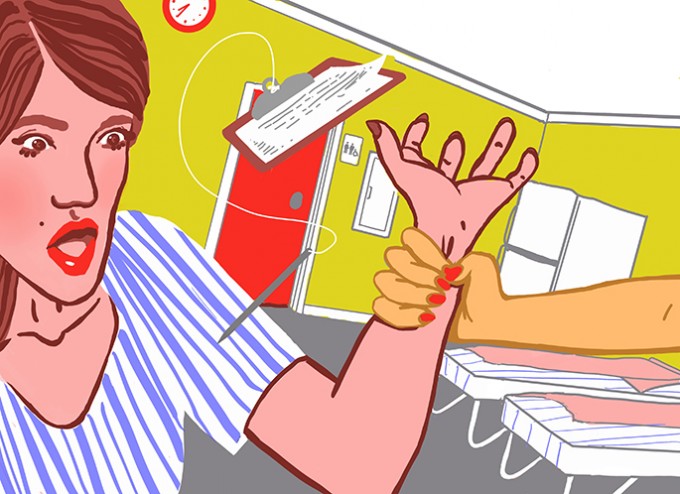Healthy Workforce
The Case of the Bad Day Bully
An isolated harsh incident should be judged in context

Staff nurses Camilla and Bridget usually get along. However, today, they got into a heated argument about assignments. Bridget, who was in charge, decided to assign Camilla a complicated new patient. Bridget made the decision based on what she thought was best for the patient, but Camilla didn’t see it that way, accusing Bridget of babying the newer nurses and dumping on her. The argument escalated until Camilla grabbed Bridget by the arm and yelled, “I’m so tired of this crap!” before storming out.
We all know that bullying and incivility are persistent and serious problems for the nursing profession. On the other hand, we also know that even the most competent, highly professional nurse can get testy with his or her coworkers when having a bad day.
Nurses work in stressful environments and we are not always on our best behavior. Sometimes, that can be a sign of a larger problem. However, we are not all bullies! Where does the occasional harsh word or rude exchange like the one between Camilla and Bridget cross the line into bullying? Let’s take look at what bullying is and what it is not.
Bullying Defined
Although there’s no uniform legal definition of bullying in the United States, most experts define it as a repeated pattern of disruptive behavior with the intent — conscious or unconscious — to do harm. In my own work, I’ve developed a three-point definition. I define bullying as disruptive behavior with the following three characteristics:













